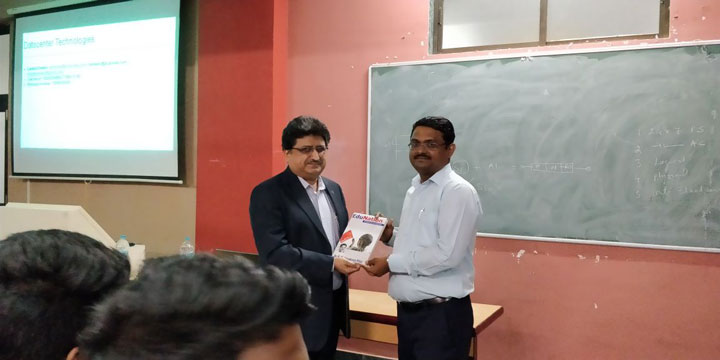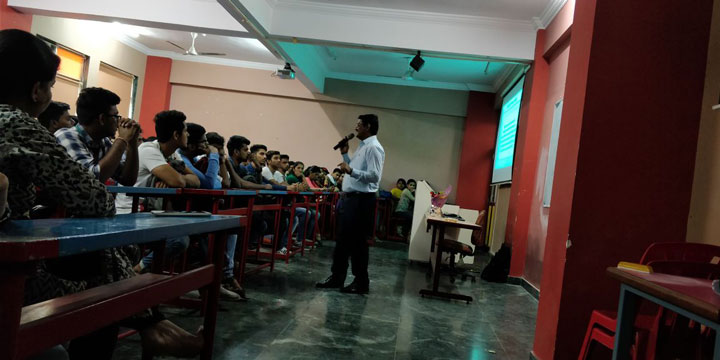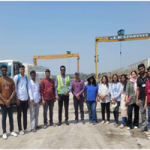A Data Center (or datacenter) is a facility composed of networked computers and storage that businesses or other organizations use to organize process, store and disseminate large amounts of data. A business typically relies heavily upon the applications, services and data contained within a data center, making it a focal point and critical asset for everyday operations. Data centers are not a single thing, but rather, a conglomeration of elements. At a minimum, data centers serve as the principal repositories for all manner of IT equipment, including servers, storage subsystems, networking switches, routers and firewalls, as well as the cabling and physical racks used to organize and interconnect the IT equipment. A data center must also contain an adequate infrastructure, such as power distribution and supplemental power subsystems, including electrical switching; uninterruptable power supplies; backup generators and so on; ventilation and data center cooling systems, such as computer room air conditioners; and adequate provisioning for network carrier (telco) connectivity. All of this demands a physical facility with physical security and sufficient physical space to house the entire collection of infrastructure and equipment.
Department
Speakers
Information Technology Engineering
Ramesh Kharat, Head-Server and Network Infrastructure, Tata Communication Ltd.
Schedule:
| Date | Time | Topic |
|---|---|---|
| Thursday, 5th April, 2018 | 10.00 Hrs to 10.30 Hrs | Introduction to Data-center Technology |
| 10.30 Hrs to 13.00 Hrs | Virtualization: Cloud Computing, IT Infrastructure Management Services, Software Development and Quality Assurance, Data Center Operations |
Course Contents:
- Data Center Operations
- Customized Software’s, Mobility Solutions and IT infrastructure – Business Analyst, Sales, Pre-sales
- Service Delivery and Project Management
- Linux/Unix
- Virtualization: Invented to save computing resources, inception of virtualization has made data centre size shrink. It is green Technology. Data centre management has become easier due to virtualization technology
- Cloud Computing: It makes provisioning, scaling and maintenance of applications and servers a simpler. Provision of databases and servers happens quickly and start your application up and running in minute time using cloud computing.
- DevOps: DevOps represents a cultural change towards acknowledging the Agile software development norms, making way for continuous cycles of development, considering the responsibilities, goals and cross functions of IT operations.
- Data Center Consolidation services using virtualization
- Linux/Unix System Administration
- Private Cloud Implementation services










